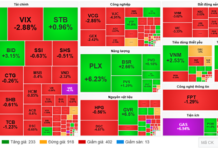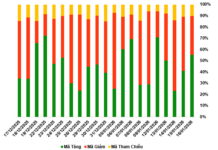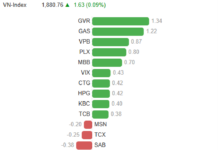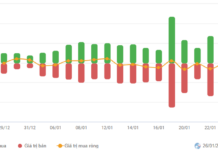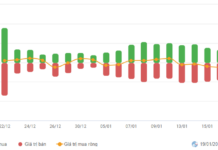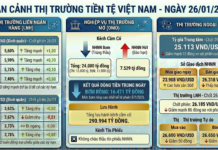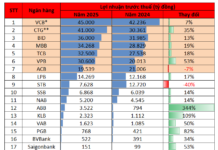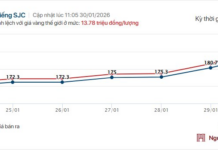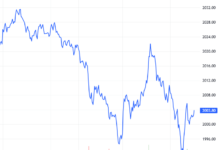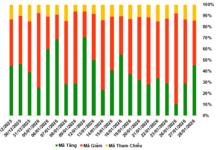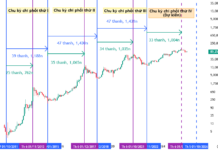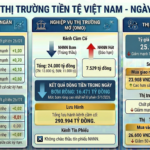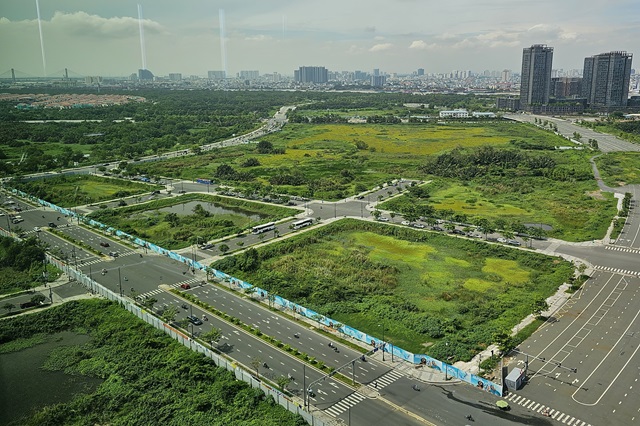
Photo: Han Dong
|
The absorption of capital in the economy remains low, but the growth of the real estate market will positively impact other sectors, including banking credit. The recent shifts in the real estate market and the growth of real estate credit reflect the influencing factors and growth trends that will promote credit expansion in Ho Chi Minh City.
Mr. Nguyen Duc Lenh, Deputy Director of the State Bank of Vietnam’s Ho Chi Minh City Branch, stated that real estate credit in the city has maintained a positive growth rate over the last three months. In March 2024, real estate credit increased by 0.96%, followed by a 1.15% rise in April and another 1.15% in May, reaching a debt balance of VND 992.8 trillion. This accounts for 28% of the city’s total credit balance and represents a 2.78% increase compared to the end of last year, outpacing the overall credit growth in the region.
Housing credit, which includes loans for purchasing homes for personal use, remains the largest segment, accounting for 67.78% of the total real estate credit balance in the city. A positive sign emerged in this segment as housing credit grew by 1.2% compared to April 2024, reversing the negative growth trend of previous months. Given the high proportion of this segment in the overall credit portfolio, its growth not only boosts real estate credit but also carries significant social implications by addressing the housing needs of the population. This, in turn, positively impacts the real estate market and the economy as a whole.
Real estate credit for the development of export processing zones and industrial parks, as well as office rentals, continues to exhibit a growth trend, outpacing other sectors. Specifically, credit for export processing zones and industrial parks increased by 9.47%, while credit for offices and skyscrapers rose by 11.2% compared to the end of 2023. Although the debt balance in this field is relatively low compared to the total real estate credit balance, the growth in this sector reflects its development trend and serves as a positive factor directly influencing business operations and economic growth.
From a regulatory perspective, Mr. Nguyen Duc Lenh attributed the positive developments to favorable mechanisms and policies, including low-interest rates, the ability of credit institutions to meet capital demands, the introduction of preferential credit packages for social housing, and the enforcement of the Law on Real Estate and the Law on Housing and Real Estate Business. He also acknowledged the concrete actions taken by task forces to address market difficulties. These positive factors are expected to drive the real estate market’s recovery and sustained growth in the coming period.

